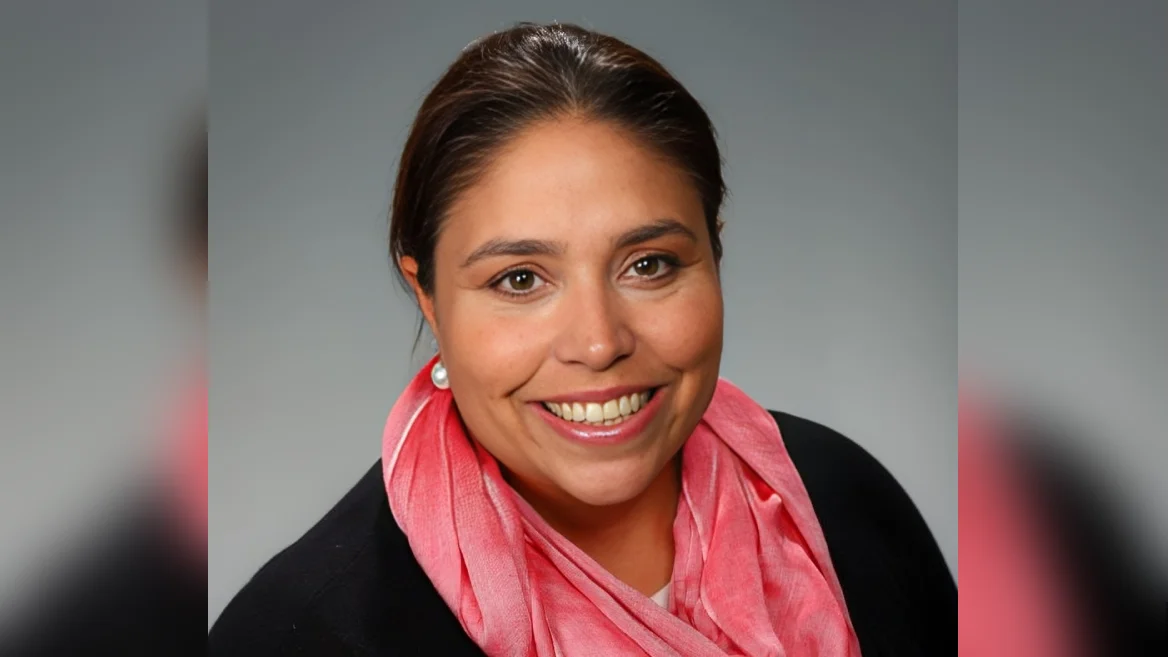
In the upcoming primary elections, the absence of the "party line" on ballots is expected to bring significant changes, according to Julia Sass Rubin, a professor at Rutgers University. Traditionally, both Democrats and Republicans have used this system to group preferred candidates in one column on the ballot.
Rubin notes that a growing number of candidates from both parties are opting not to seek endorsements. "I would say the two most notable impacts so far are that so many Democrats and Republican candidates, including pretty legitimate candidates with a shot at winning, [are] choosing not to go for an endorsement. That would have been unheard of before," she said.
Additionally, there has been a marked increase in individuals running for legislative positions. "And the other impact is just the number of people running for the Legislature, so we have twice the number of people running as we did two years ago," Rubin explained.
The removal of party lines could lead to unexpected outcomes in elections. Rubin elaborated: “A, we have candidates running who are very viable who are not on the line. B, if one of them actually wins, that would be quite dramatic." She cited examples such as Fulop or Baraka in the Democratic gubernatorial primary scheduled for June 10. Even candidates like Gottheimer or Sweeney might create surprises due to their limited presence on party lines across counties.
Rubin also expressed interest in observing how county organizations will function without relying on party lines.